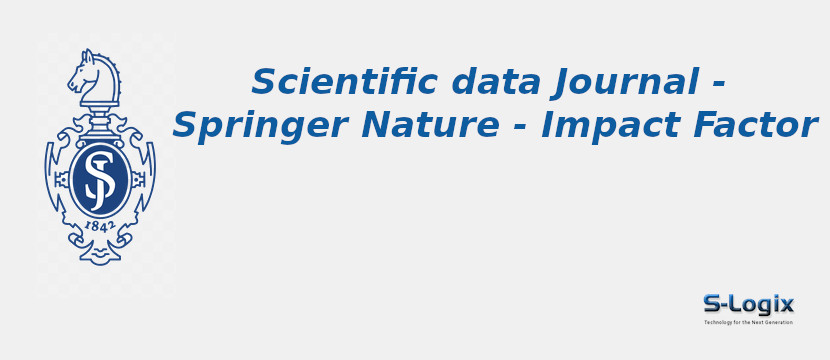Journal Home: Journal Homepage
Editor-in-Chief: Guy Jones
Print ISSN: 2052-4463
Electronic ISSN:
Abstracting and Indexing: Scopus, SCIE
Imapct Factor 2024: 6.9
Subject Area and Category: Computer Science,Computer Science Applications,Information Systems,Decision Sciences,Statistics, Probability and Uncertainty Mathematics,Statistics and Probability,Social Sciences,Education,Library and Information Sciences
Publication Frequency: Continuous
H Index: 142
Q1: Computer Science Applications
Q2:
Q3:
Q4:
Cite Score: 8.4
SNIP: 2.113
Journal Rank(SJR): 1.867
Latest Articles: Latest Articles in Scientific data
Guidelines for Authors: Scientific data Author Guidelines
Paper Submissions: Paper Submissions in Scientific data
Publisher: Nature Publishing Group
Country: United Kingdom
